This is the information just announced by Nokia leaders at the sharing session about the new technology strategy and the new strategy of the group at the event "Amplify Vietnam" recently held in Hanoi .
According to Mr. Rubén M. Flores, General Director of Nokia Vietnam: “As the commercialization of 5G services approaches, Vietnam is on the threshold of a transformative era. We recognize the enormous potential of digitalization for the country and are therefore committed to supporting the Vietnamese ecosystem in seizing and accelerating this opportunity across all industries. With our new brand strategy, we are better positioned than ever to collaborate with our customers and partners to unlock the vast potential of their network infrastructure and create lasting impact.”
Demonstrating the company’s stronger commitment to supporting Vietnam’s digital transformation and economic development, the new strategy aims to position Nokia as a leading business-to-business (B2B) technology innovator, pioneering the development of advanced network solutions and driving B2B technology advancements. Through this, Nokia hopes to support Vietnamese enterprises and telecommunications service providers (CSPs) to unlock their digital potential and fully grasp the opportunities that digital transformation brings.
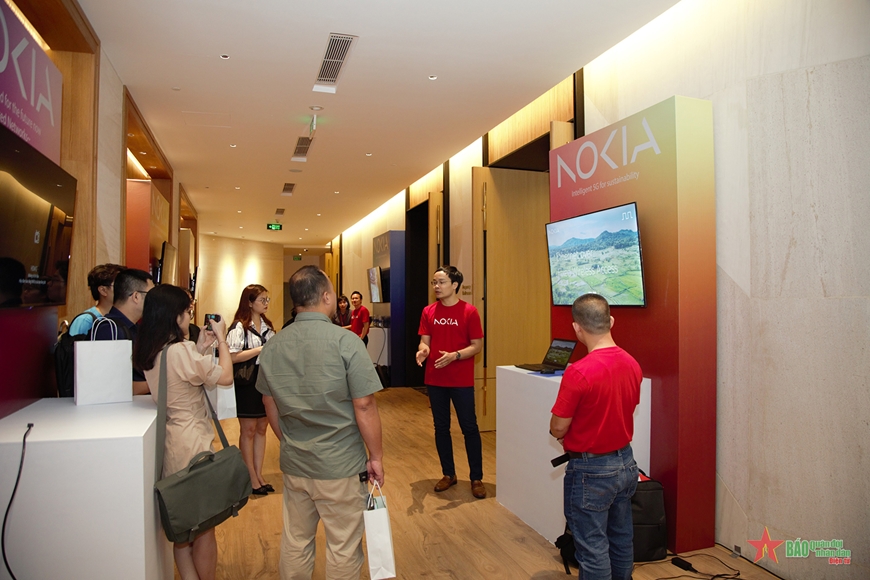 |
| According to Nokia, Vietnam is qualified to deploy 5G network. |
At this event, Mr. Hoang Ngoc Thuc, Chief Technology Officer (CTO) of Nokia Vietnam, said that Vietnam has tested 5G quite early since 2020. Currently, 5G technology has been commercialized and is being deployed in many countries around the world . Therefore, according to Nokia, Vietnam is qualified to deploy a 5G network. Specifically, in the conditions for 5G deployment, the current rate of smartphone users is high at more than 80% and over 30% of smartphones already support 5G. Vietnam's only weakness is that the affordability of subscribers is relatively low, only about 3 USD/1 subscriber.
According to Mr. Hoang Ngoc Thuc, network operators in Vietnam have begun to turn off 2G and 3G signals. Therefore, network operators all have frequency needs to provide broadband services. However, they also consider factors when conducting auctions. To deploy a 5G network, 60 MHz or more is needed up to 100 MHz. However, to ensure service quality, each network operator needs 80 MHz or more.
HONG QUANG
Source






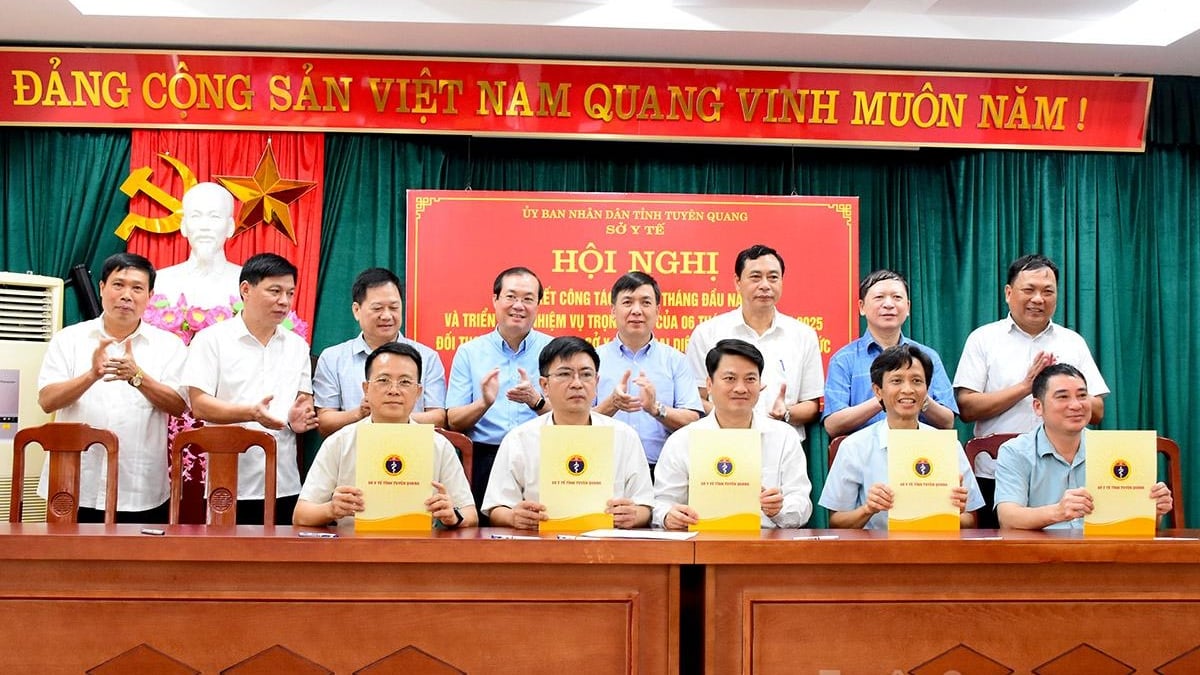

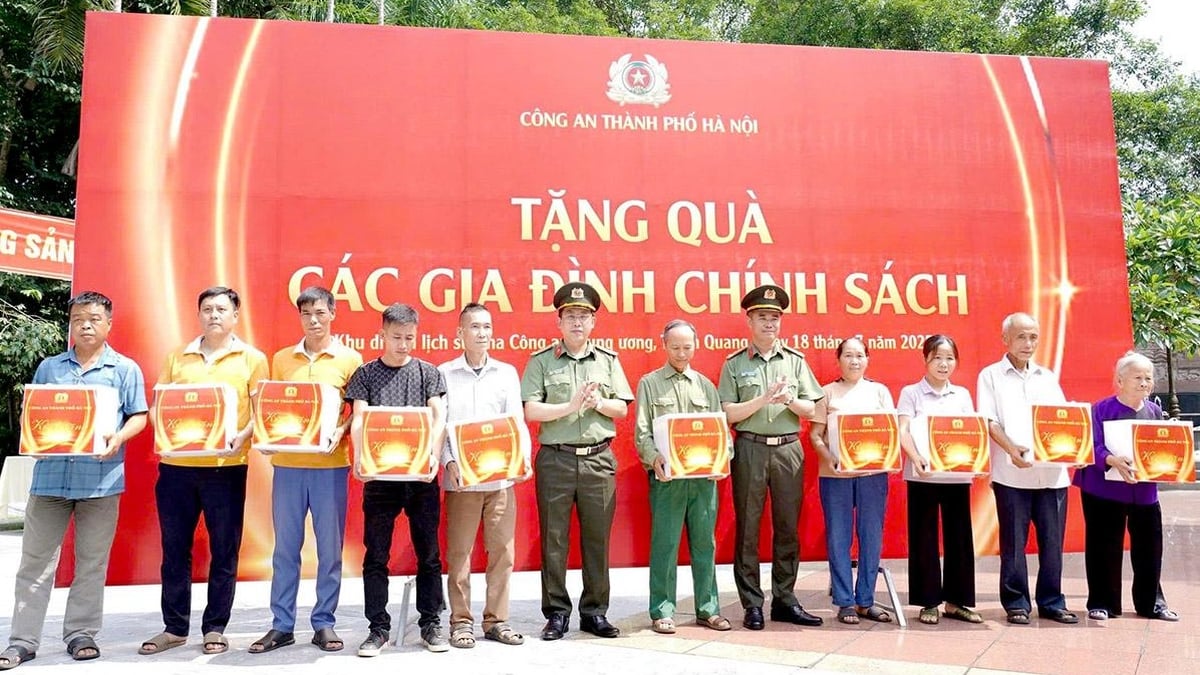
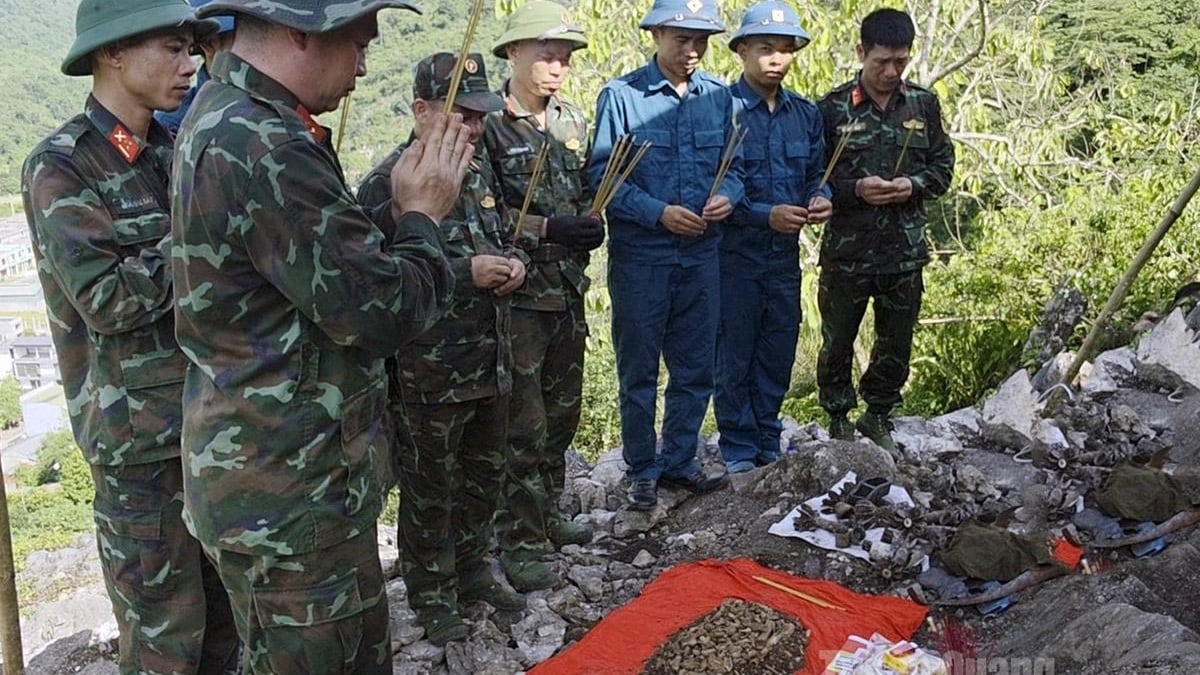
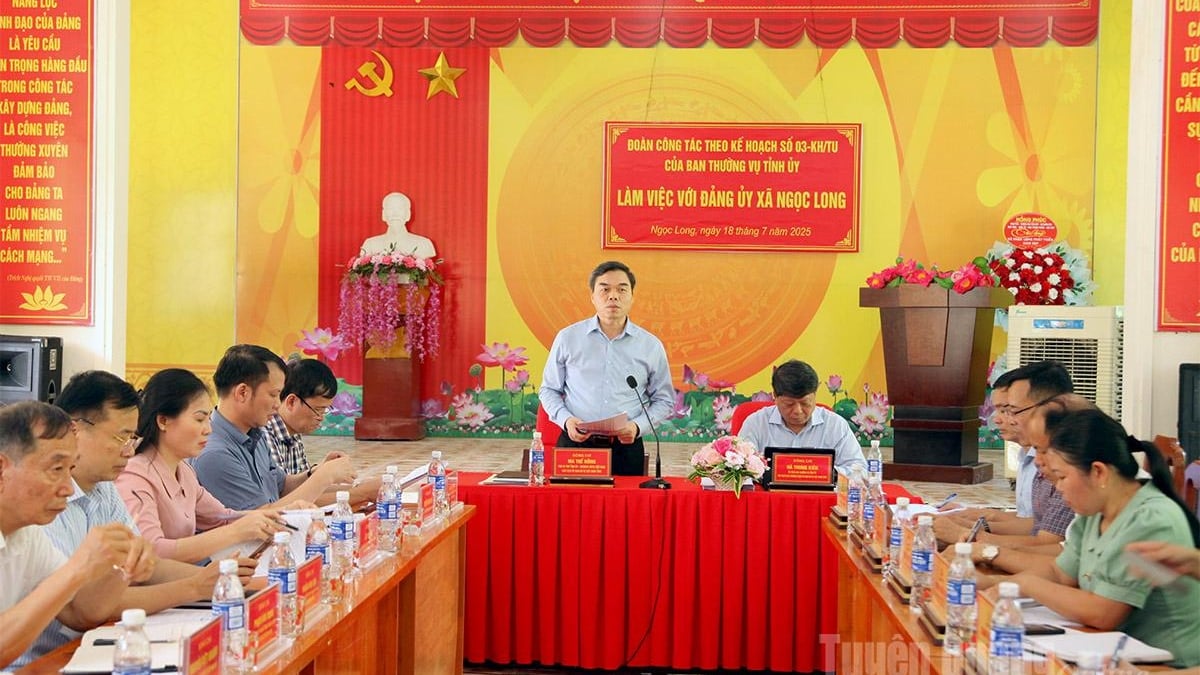
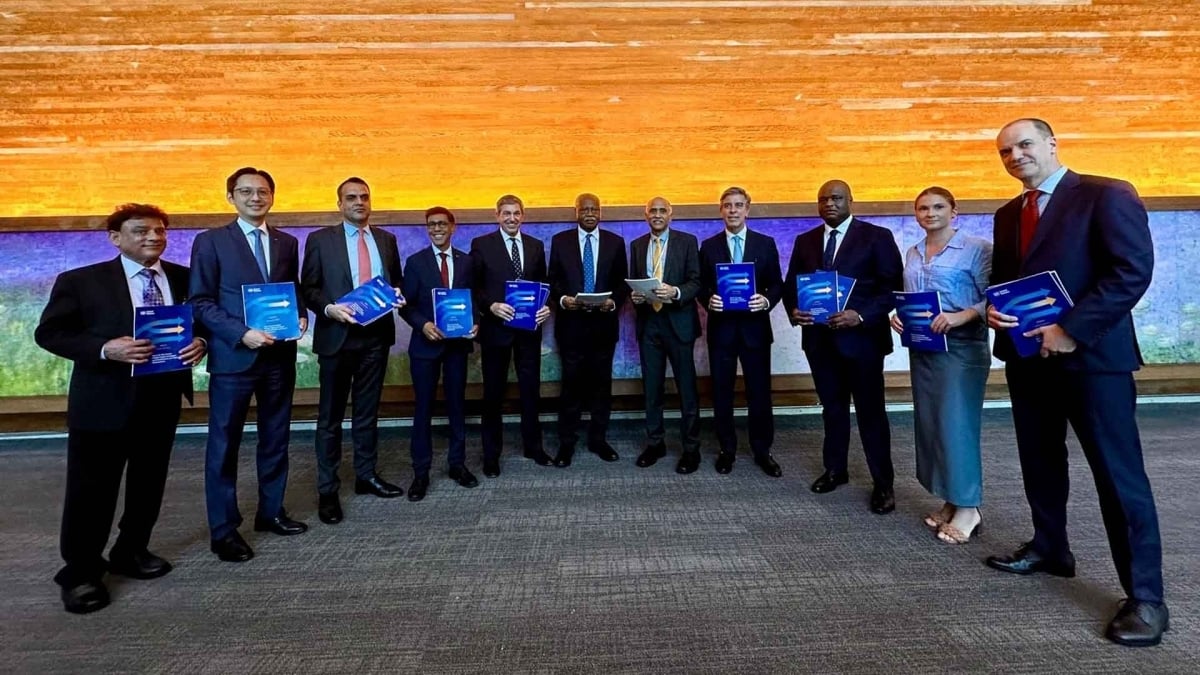


















































































![[Infographic] In 2025, 47 products will achieve national OCOP](https://vphoto.vietnam.vn/thumb/402x226/vietnam/resource/IMAGE/2025/7/16/5d672398b0744db3ab920e05db8e5b7d)





Comment (0)